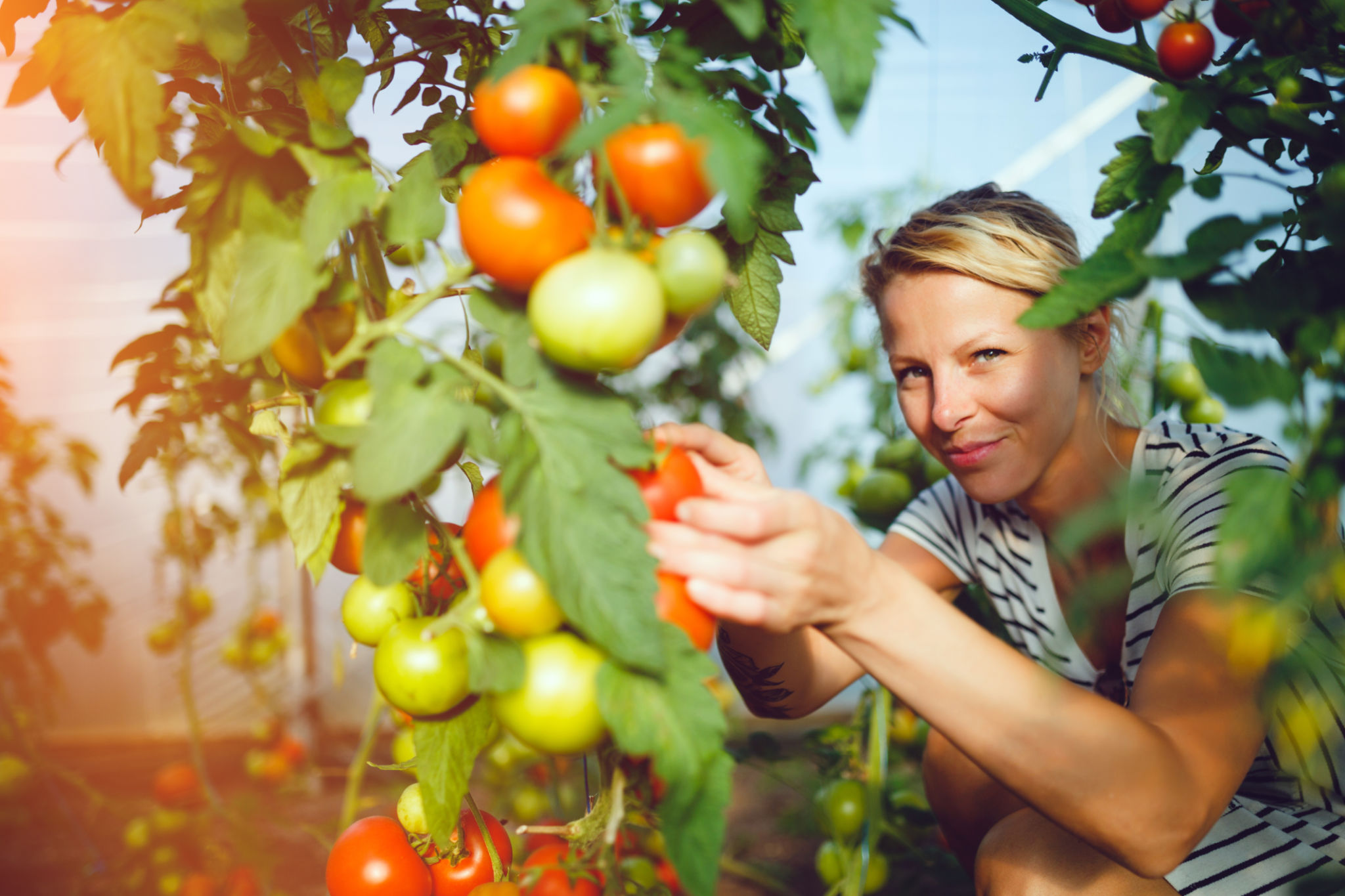Greenhouse Farming in Ghana: A Comprehensive Guide to Starting and Succeeding
Introduction to Greenhouse Farming
Greenhouse farming is revolutionizing agriculture across the globe, and Ghana is no exception. This innovative method allows farmers to control environmental conditions, thus optimizing plant growth and increasing yields. As a result, greenhouse farming is becoming an increasingly popular choice for farmers in Ghana seeking to improve productivity and sustainability.

Benefits of Greenhouse Farming in Ghana
There are numerous advantages to adopting greenhouse farming, particularly in regions like Ghana with a tropical climate. The controlled environment helps mitigate the risks posed by adverse weather conditions and pests. Moreover, it enables year-round cultivation, ensuring a consistent supply of produce.
Greenhouse farming also promotes water efficiency. The enclosed space reduces evaporation, allowing crops to make the most of available water resources. This is especially crucial in areas where water scarcity can pose a significant challenge to traditional farming methods.

Getting Started with Greenhouse Farming
Starting a greenhouse farm requires careful planning and investment. Here are some essential steps to help you get started:
- Research and Planning: Understand the local climate, soil conditions, and market demand to select suitable crops.
- Location Selection: Choose a site with good sunlight exposure and access to water.
- Invest in Quality Materials: Use durable materials for the greenhouse structure to withstand environmental factors.
- Obtain Necessary Permits: Ensure compliance with local agricultural regulations.
Selecting the Right Crops
The choice of crops is crucial for successful greenhouse farming. In Ghana, popular options include tomatoes, peppers, cucumbers, and lettuce. These crops thrive in controlled environments and have a high market demand, ensuring profitability for farmers.
Consider crop rotation and diversification to maximize soil health and reduce the risk of pest infestations. This practice also helps maintain a steady income stream by catering to different market needs throughout the year.

Effective Greenhouse Management
Efficient management is key to maximizing the benefits of greenhouse farming. Regular monitoring of temperature, humidity, and soil moisture ensures optimal growing conditions. Implementing an integrated pest management system can help control pests without relying heavily on chemical pesticides.
Invest in training for yourself and your staff to stay updated on the latest techniques and technologies in greenhouse farming. This knowledge will enhance operational efficiency and crop yields.
Marketing Your Produce
A successful marketing strategy is essential for reaching potential buyers and maximizing profits. Establish relationships with local markets, supermarkets, and restaurants to secure reliable buyers for your produce.
Consider branding your greenhouse products as organically grown or sustainably farmed to appeal to environmentally conscious consumers. This approach can help differentiate your produce in a competitive market.

Conclusion
Greenhouse farming offers a promising opportunity for farmers in Ghana to enhance productivity while promoting sustainable practices. By investing in quality materials, selecting the right crops, and implementing effective management strategies, you can succeed in this innovative agricultural venture.
As you embark on your greenhouse farming journey, remember that continuous learning and adaptation will be your allies in navigating challenges and achieving long-term success. With commitment and strategic planning, greenhouse farming can be a transformative step towards a more prosperous agricultural future in Ghana.
